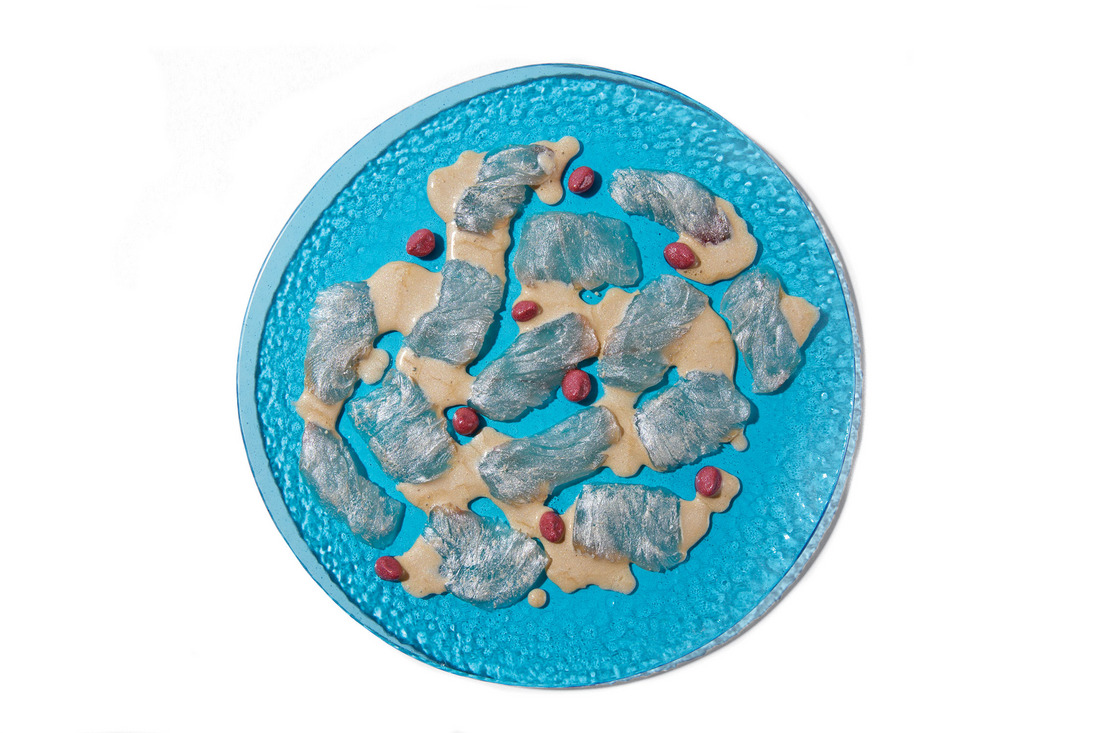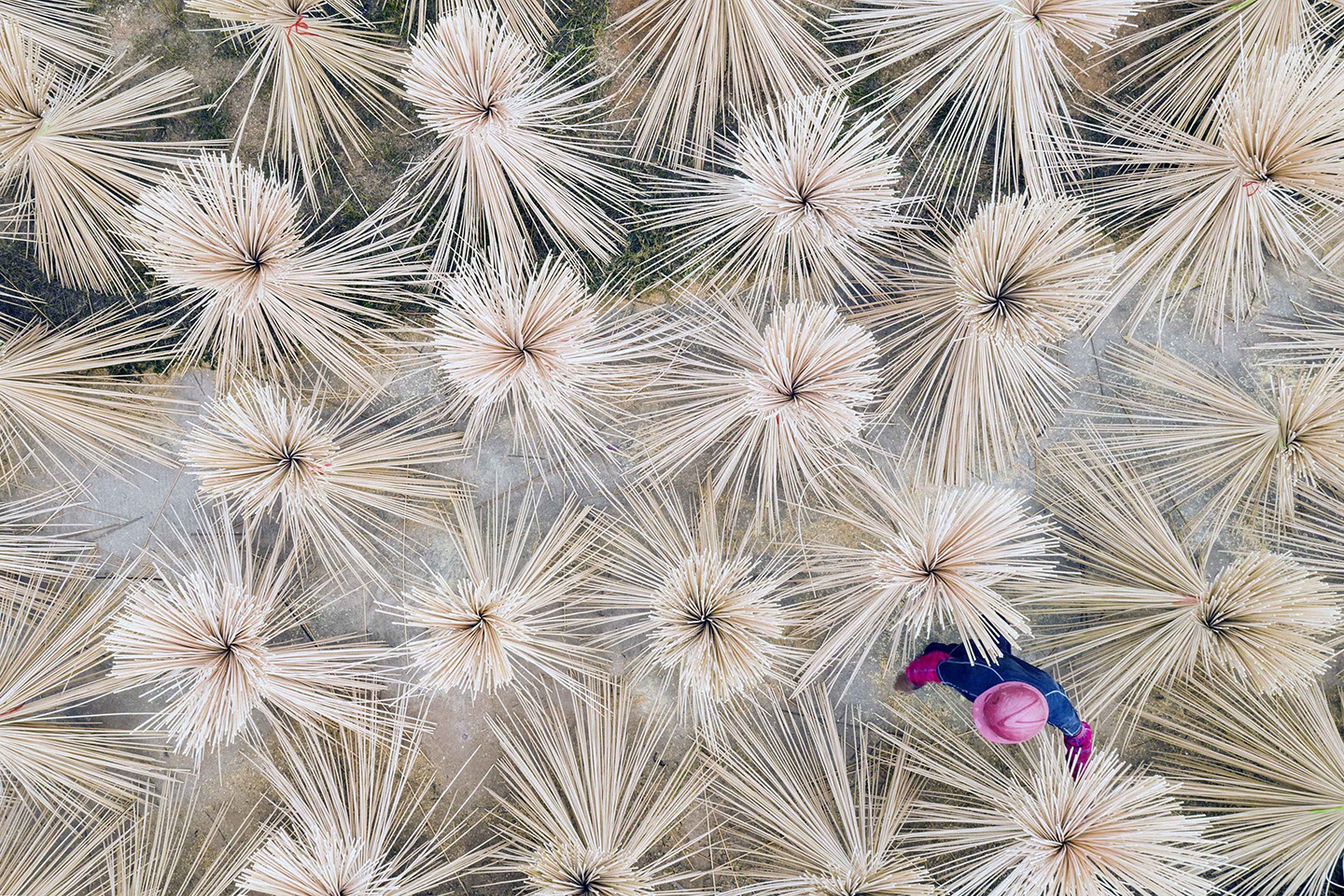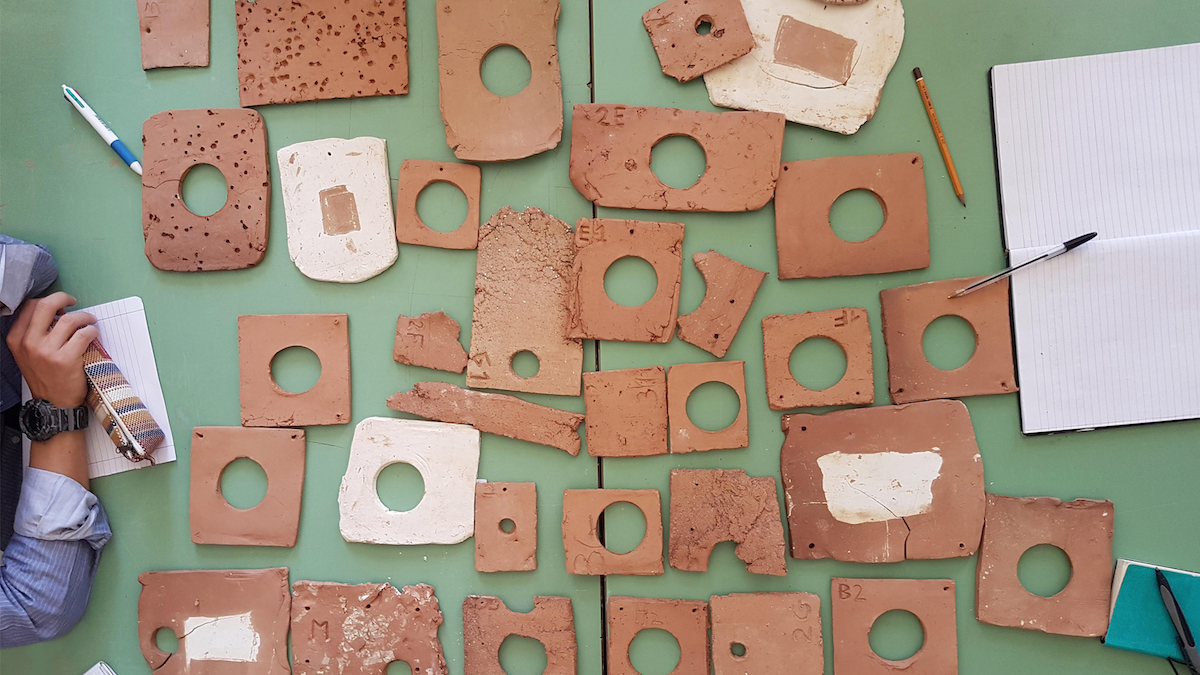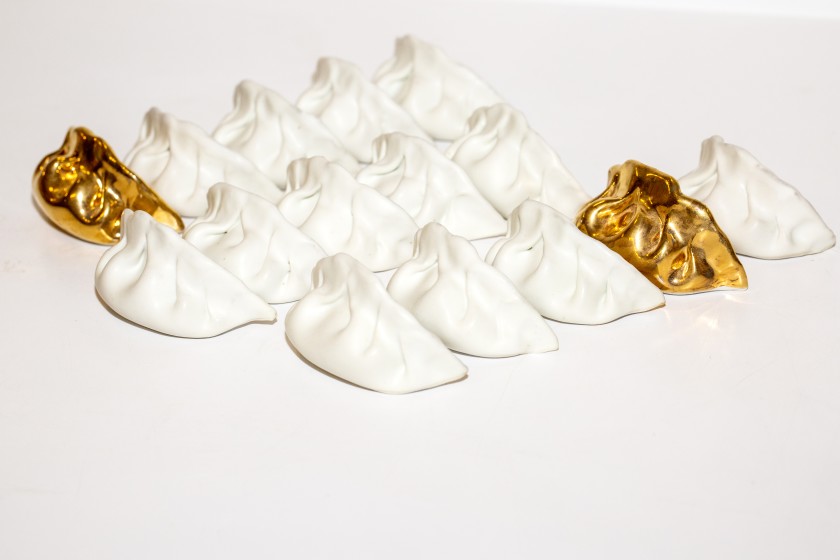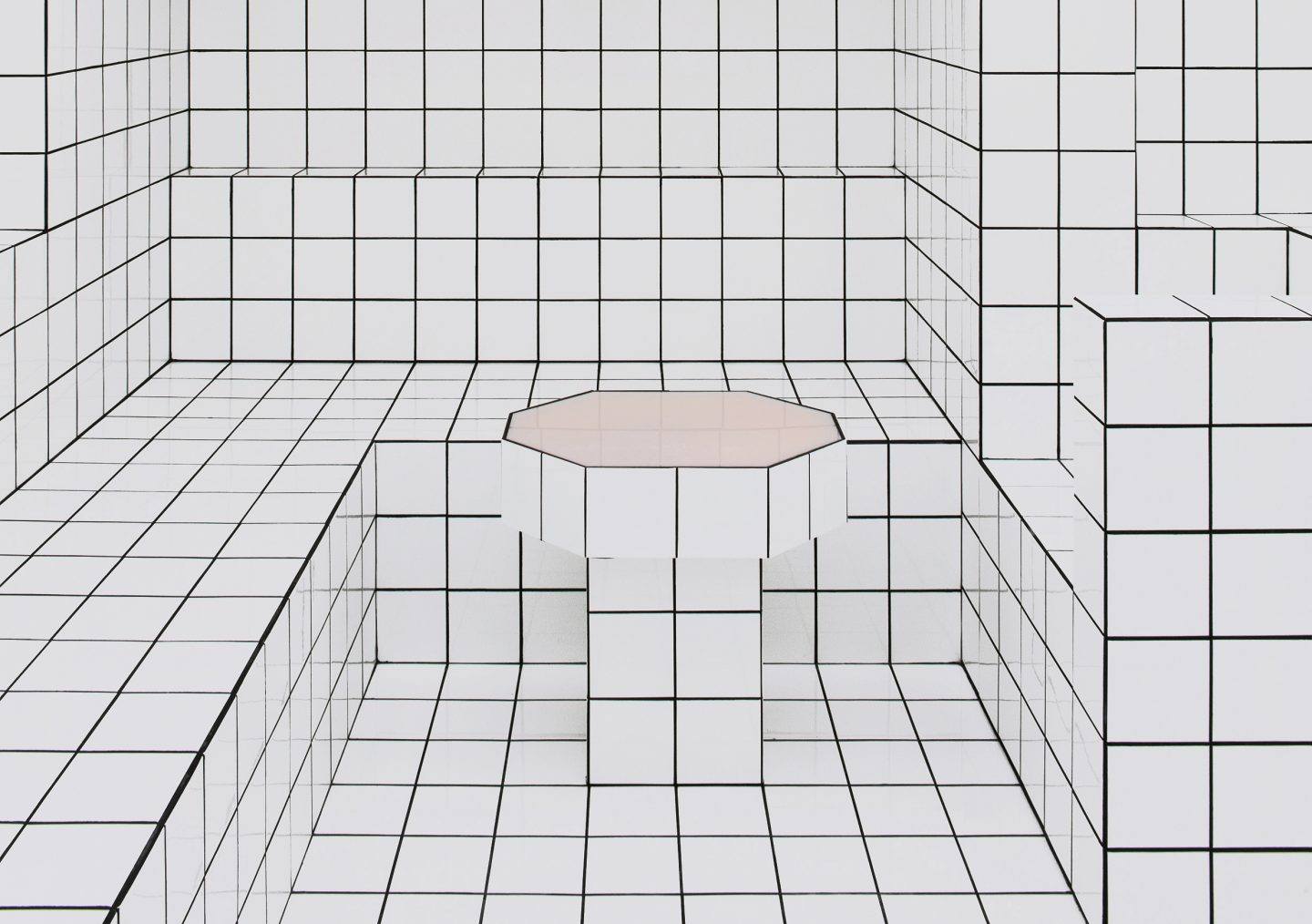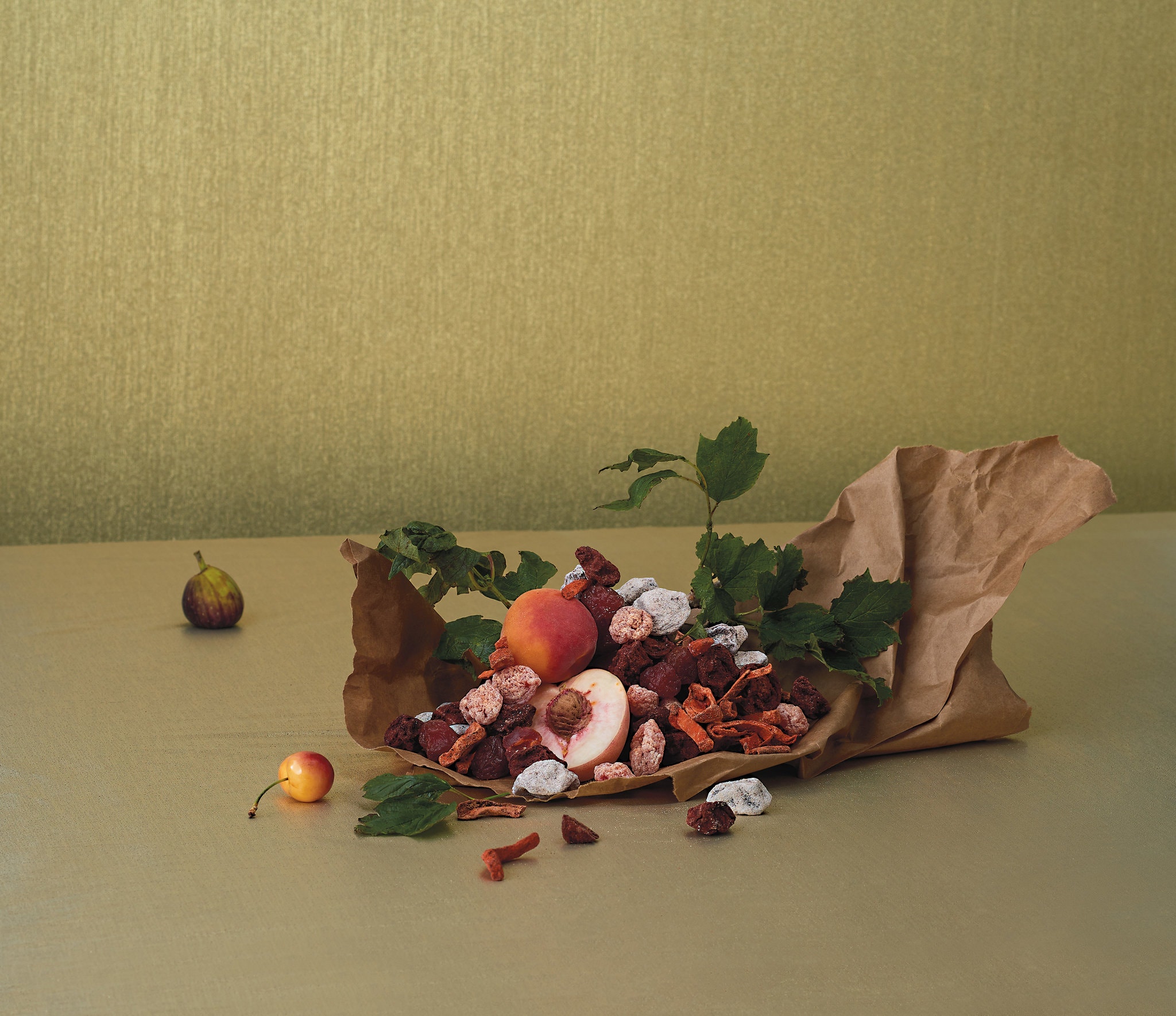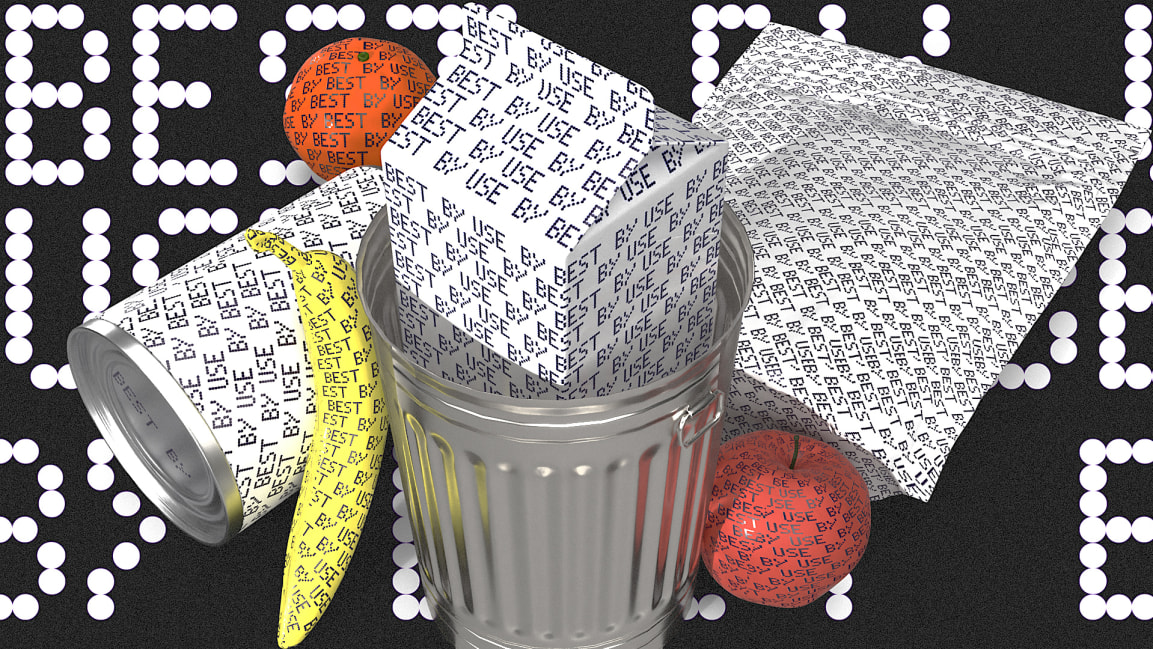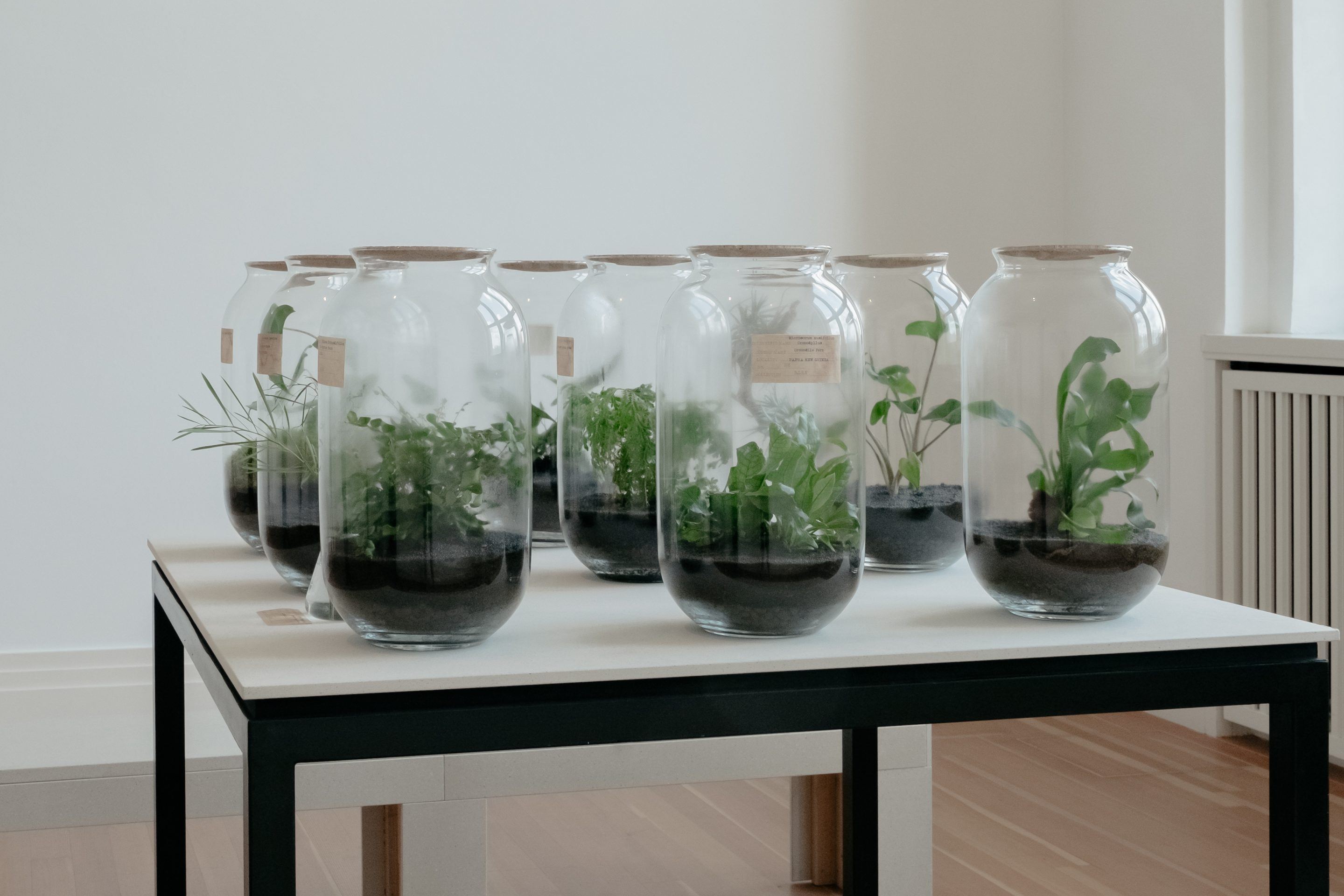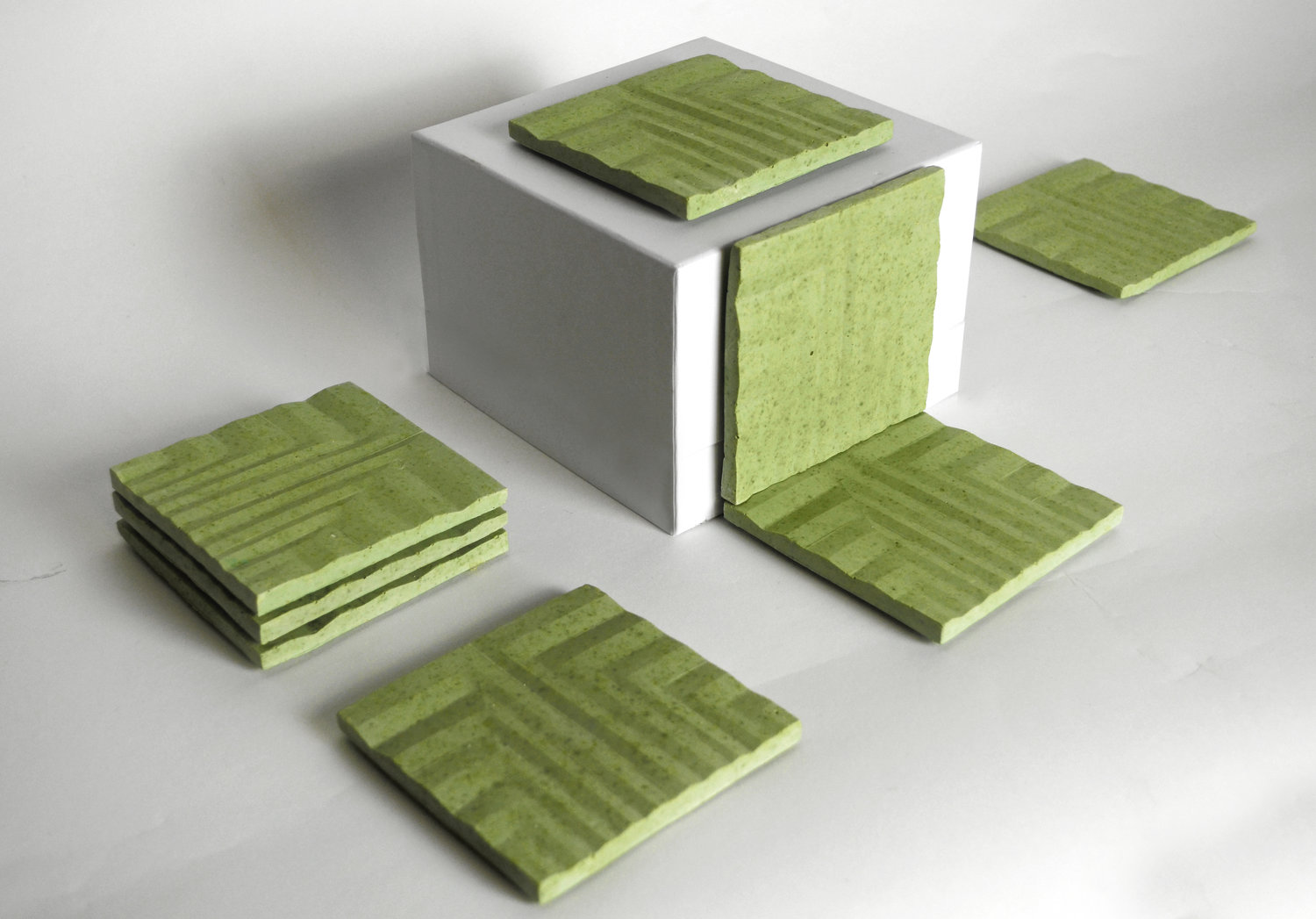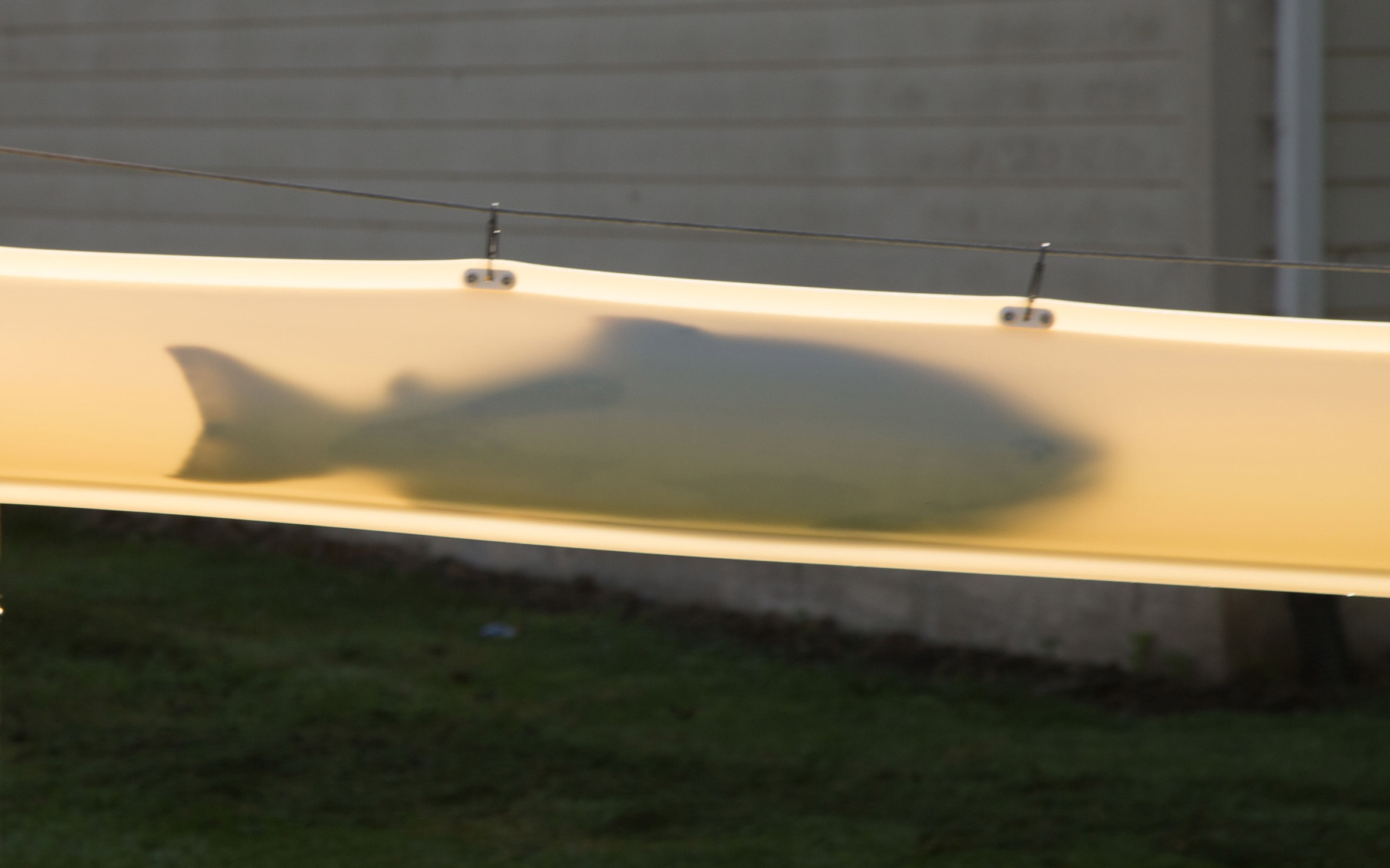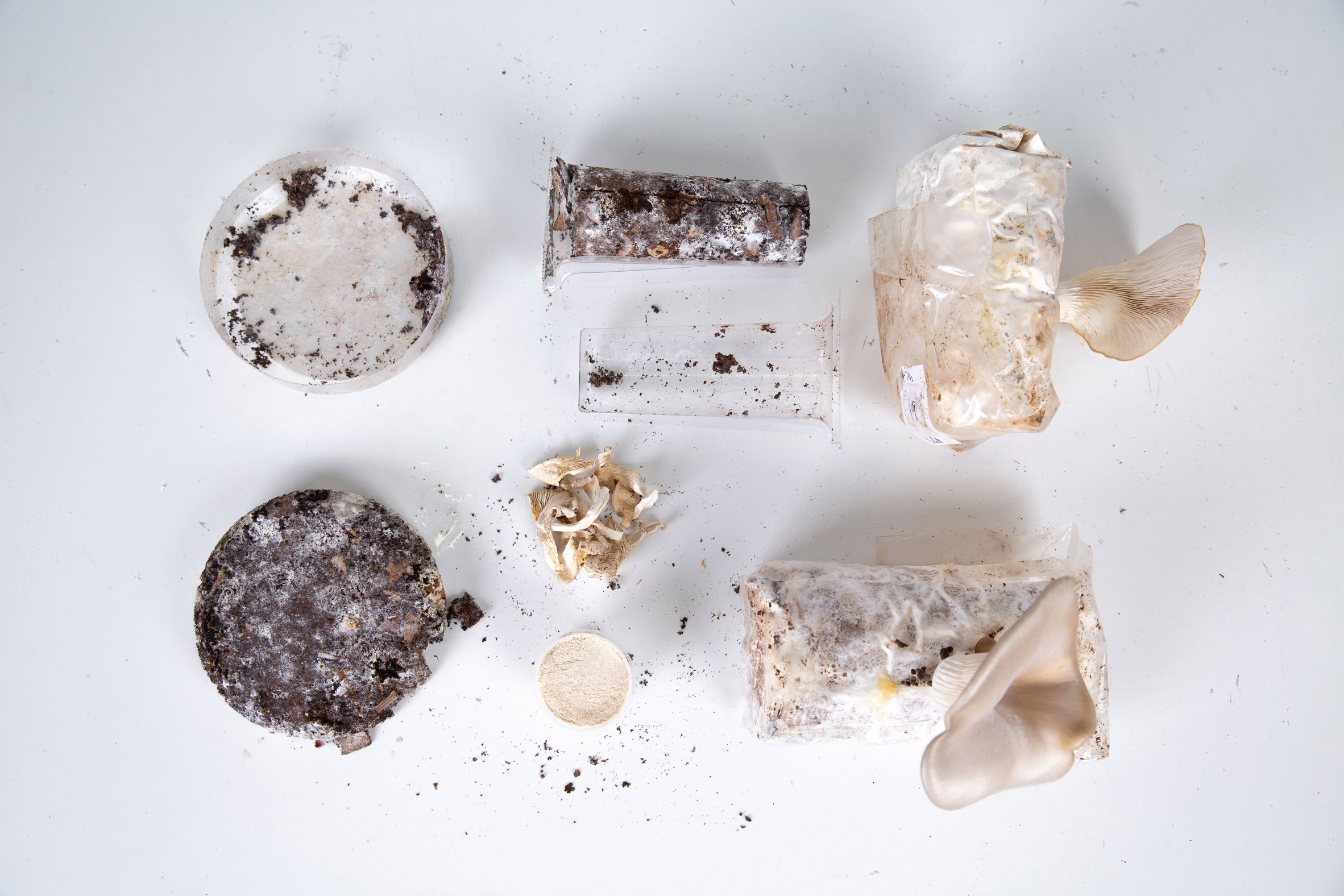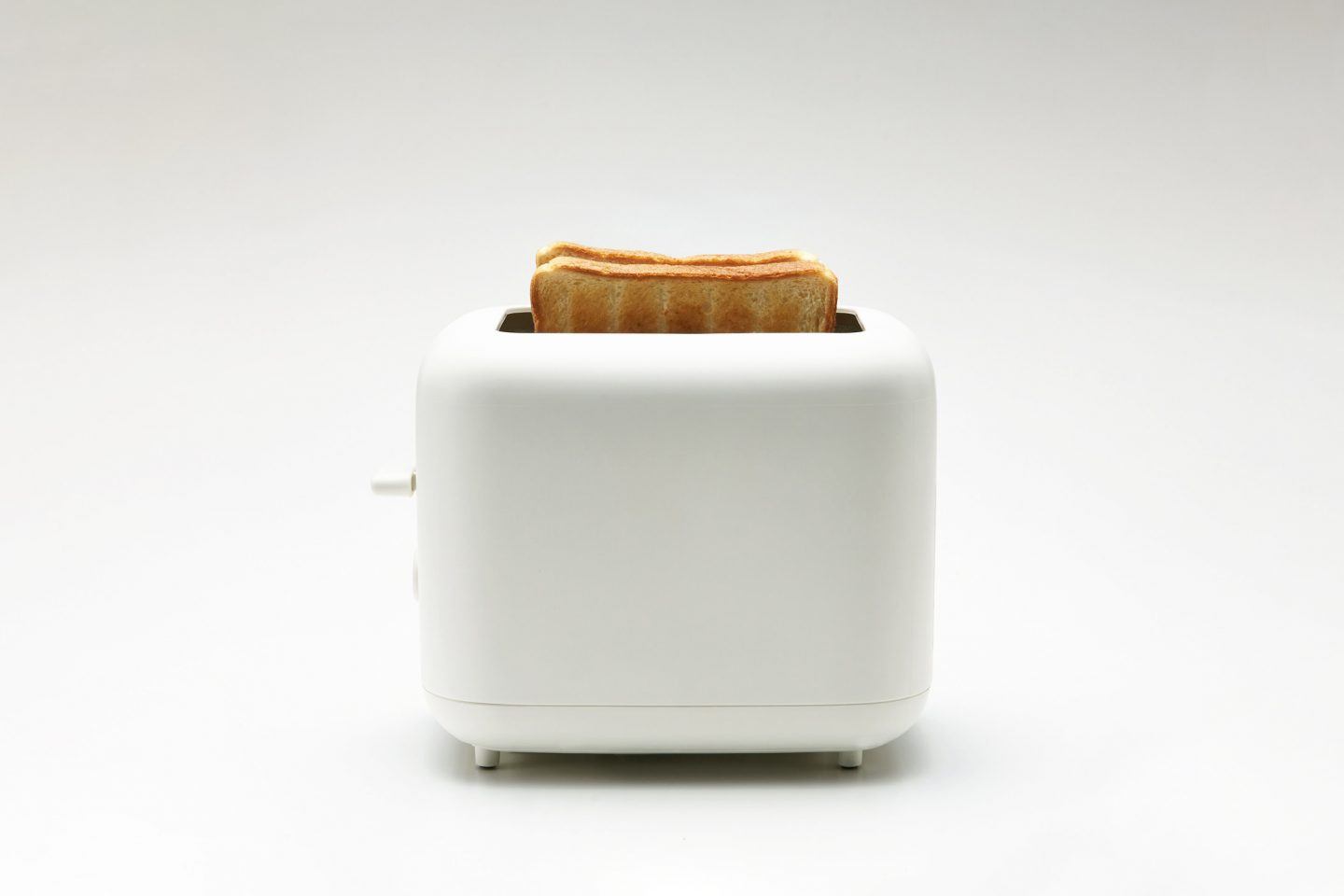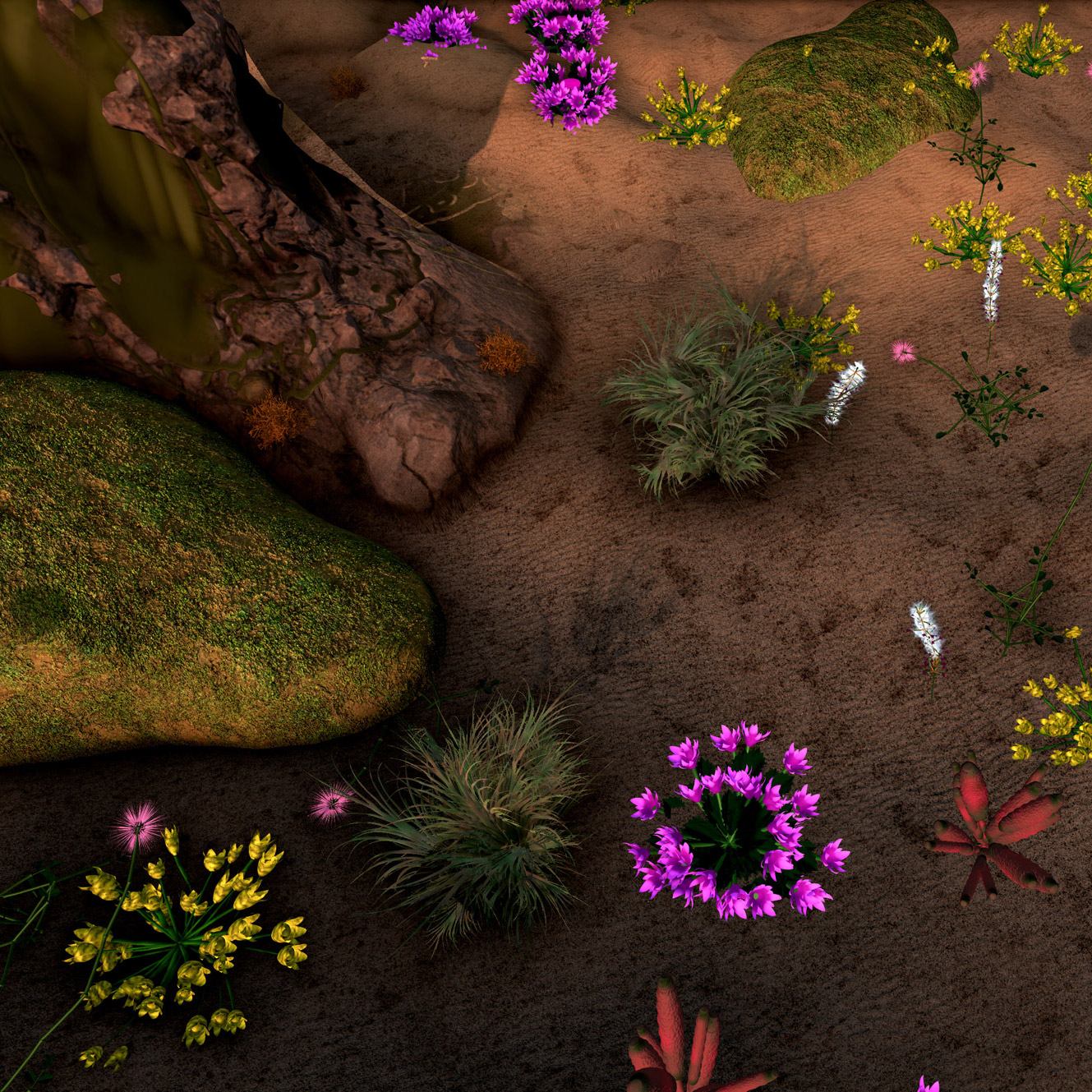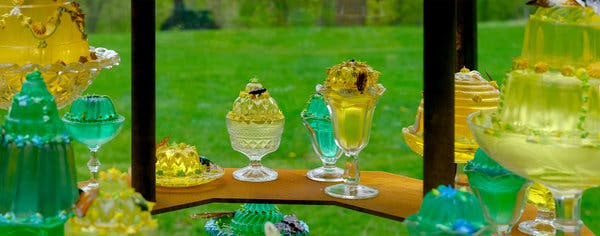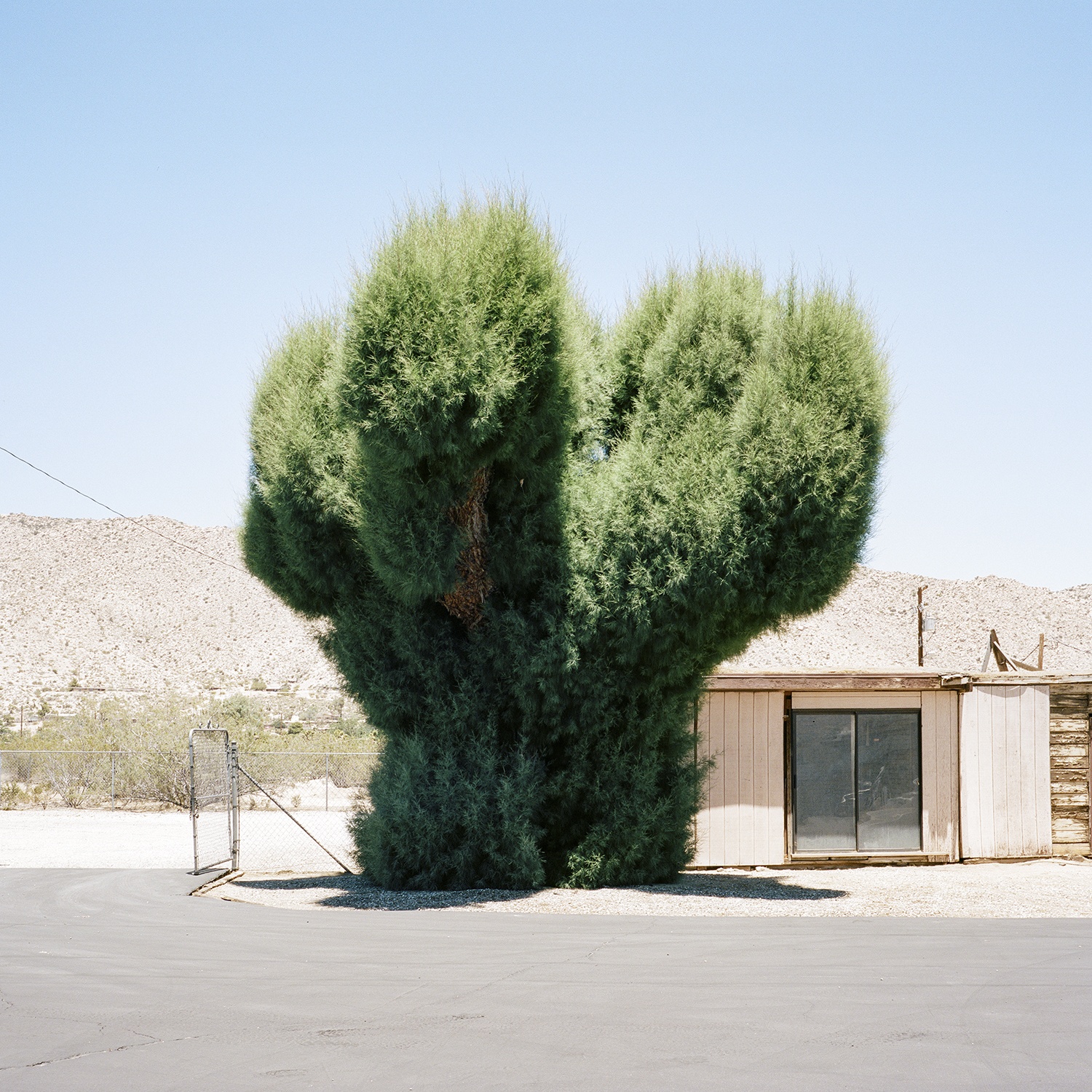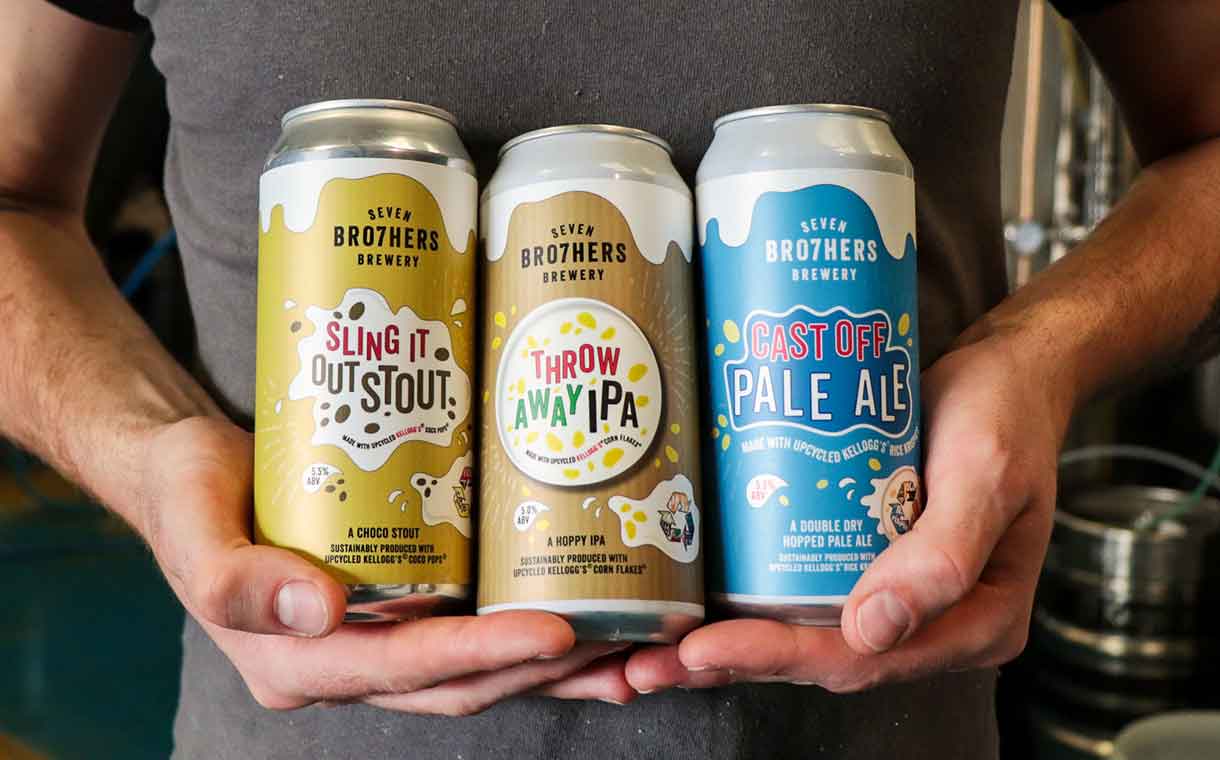Our weekly serving of off-the-menu items—a few popular favorites from the week, as well as a few morsels that may have slipped your notice.
The arrival of products like the Impossible Burger has made conscious consumers realize that they don’t need to sacrifice flavor and texture when giving up meat. Companies are using new technologies and information to craft vegan products that could be mistaken for their non-vegan counterparts. Plant-based milk company Eclipse Foods thinks it may have cracked the code to making a vegan ice cream that matches the flavor, texture and creaminess of dairy ice cream. Eclipse uses plant products to create micelles, the molecular structures of milk proteins, allowing their ice cream to mimic the functionality of real dairy.
Adding to the realm of products made with the ever-versatile algae, designer Roya Aghighi is introducing biogarmentry. These sheer, mottled green textiles use photosynthesis to turn carbon dioxide into oxygen, and can be composted at the end of their lifespan. The linen-like fabric, made from algae spun together with nano polymers, improves the immediate environment of its wearer, and helps regulate carbon emissions.
Dining During Future Food Scarcity
As an age of food scarcity seems to be rapidly approaching, designers and chefs alike are asking how we can still enjoy eating when our options become limited. Meydan Levy’s speculative design project “Neo Fruit” highlights the role of fruit as a symbol of abundance, presenting a series of “fruit-like” objects, made from cellulose and filled with the nutritional elements needed for a healthy diet. Although Neo Fruit doesn’t recreate the exact shapes of the fruits we’re familiar with, it relies on the evocative, organic shapes found in fruits, as well as their vibrant colors, to visually appealing foods of the future.
 Photo courtesy of Paul J. Richards and Agence France-Presse via Getty Images.
Photo courtesy of Paul J. Richards and Agence France-Presse via Getty Images.
Backtracking on the Red Meat Verdict
Although nutritionists and health experts have stipulated for years that red meat is bad for you, new findings from an international collaboration of researchers claim that the negative effects of eating red meat are minimal, if visible at all. These new conclusions have raised controversy throughout the world’s scientific communities, prompting some nutrition scientists to protest the publication of these findings.
Turning Plant Waste Into Color Pigments
Design student Nicole Stjernswärd has developed a machine for transforming food waste scraps into color pigments. Named KAIKU, the machine provides a sustainable alternative to most synthetic colors made from petroleum, drawing on the natural color of foods like avocados, beets and oranges.




